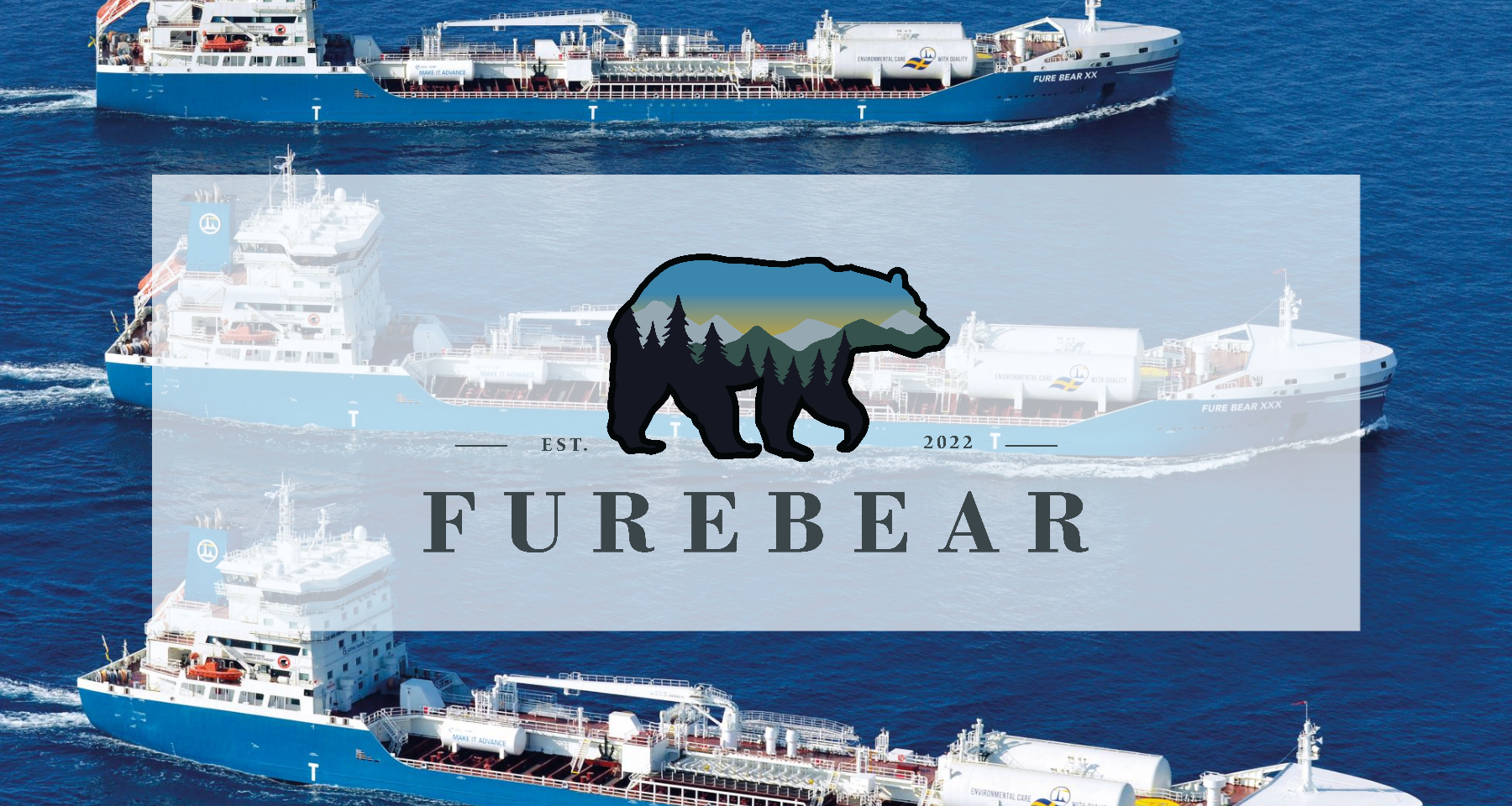Algoma and Furetank expand FureBear joint venture to construct four additional climate-friendly dual-fuel product tankers to trade in Northern Europe
Algoma Central Corporation (TSX: ALC) today announced that it has doubled its investment in the FureBear joint venture, and will construct four additional dual-fuel ice class 1A 17,999 DWT climate-friendly product tankers with their partner Furetank AB (Furetank) of Sweden, bringing the total investment to eight vessels. Algoma owns 50% of the joint venture.

“In our strategic plan, we set out to find sustainable areas to grow our business and deploy capital in the highest and best uses,” said Gregg Ruhl, President and CEO of Algoma. “This investment enables us to further diversify Algoma’s asset base and geographic trading zones in a segment we know well and with partners that share our values,” concluded Mr. Ruhl.
“The expansion of our FureBear investment with Algoma is exciting news,” said Lars Höglund, CEO of Furetank. “This is yet another endorsement of the environmental benefits and innovative design of our Vinga Series. I look forward to delivering on these benefits with our partner and working together to fulfill the need for modern and efficient tonnage in the markets we serve,” concluded Mr. Höglund.
Like the initial four vessel order, the additional ships will be constructed at China Merchants Jinling Shipyard in Yangzhou, China, with delivery expected between 2023 and 2025. Two of the four vessels had previously been ordered by Furetank in September and will be transferred to FureBear, and the other two vessels have been placed as new orders bringing the total vessels in the Vinga series to 17. Upon completion, all eight FureBear vessels will be entered into the Gothia Tanker Alliance, and will be operated by Furetank out of Gothenburg, Sweden.
The Vinga ships are designed with FKAB Marine Design and all have dual-fuel capability and run on LNG/LBG or gasoil and are also fully equipped for shore power. They are designed with a battery hybrid solution and several innovative features that reduce fuel and energy consumption, resulting in extensively lower emissions of CO2, sulphur oxide, nitrogen oxide and hazardous particles. The ships have scored the best Energy Efficiency Design Index or EEDI value in their segment globally, meaning that they are the most energy efficient vessels according to the International Maritime Organization (IMO).